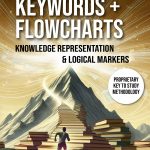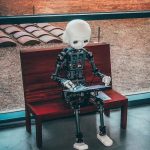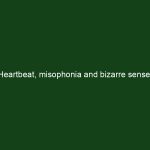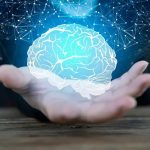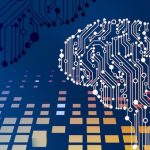In an unpredictable world, logical thinking is the anchor that keeps us grounded. Every day, we navigate a sea of decisions, from simple choices like what to eat for breakfast to complex ones like strategizing business growth or making career moves. Yet, with an overload of information, how do we filter noise from substance? This …
Continue reading “How Do Keywords and Flowcharts Enhance Your Decision-Making?”

